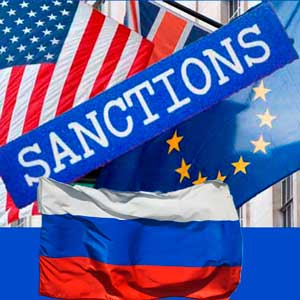Japan made an exception to the sanctions for projects in Sakhalin and Yamal

Japan decided to make an exception to the sanctions, which imply a ban on the provision of construction and engineering services in Russia, which were adopted at a government meeting in late May. This was announced by the Ministry of Economy of Japan on June 30.
According to the report, from September 30, Japan allows the provision of engineering services related to the storage, exploration, production, transportation of oil and gas, as well as their transshipment and liquefaction for the Sakhalin-1 oil and gas project (controlled by Rosneft) and liquefied natural gas plants Sakhalin-2 (Gazprom) and Arctic LNG 2 (NOVATEK). The Japanese consortium SODECO, which includes Japex, ITOCHU, Marubeni, Inpex, owns 30% of Sakhalin-1. In Sakhalin-2, Mitsui and Mitsubishi own 12.5% and 10%, respectively. Companies from Japan also own 10% of Arctic LNG 2 in Yamal.
“Taking into account the impact on companies present in Russia, the necessary measures have been taken in terms of ensuring the stable operation of projects important for Japan's energy security,” the Ministry of Economy noted.
Japan is the world's largest importer of LNG, last year 9% of the total volume of such gas was supplied from Russia. In May 2023, supplies of Russian liquefied natural gas to this country increased by 9.1%. According to TASS , the share of Russian LNG in Japan's imports increased to 13.22%. Tokyo has repeatedly spoken about the importance of oil and gas projects in Russia, and Japanese companies have decided to keep their stakes in them, in contrast to the American Exxon and Anglo-Dutch Shell, which announced their withdrawal from projects in Sakhalin. In March 2023, Prime Minister Fumio Kishida said that Japan would continue to participate in the projects as demand for LNG was forecast to rise.
Back in 2022, Japan agreed with its G7 partners, which imposed sanctions against Russia, an exception from the price ceiling foroil for projects on Sakhalin. The US Treasury has allowed to continue to buy it, but only until September 30, 2023.




























































